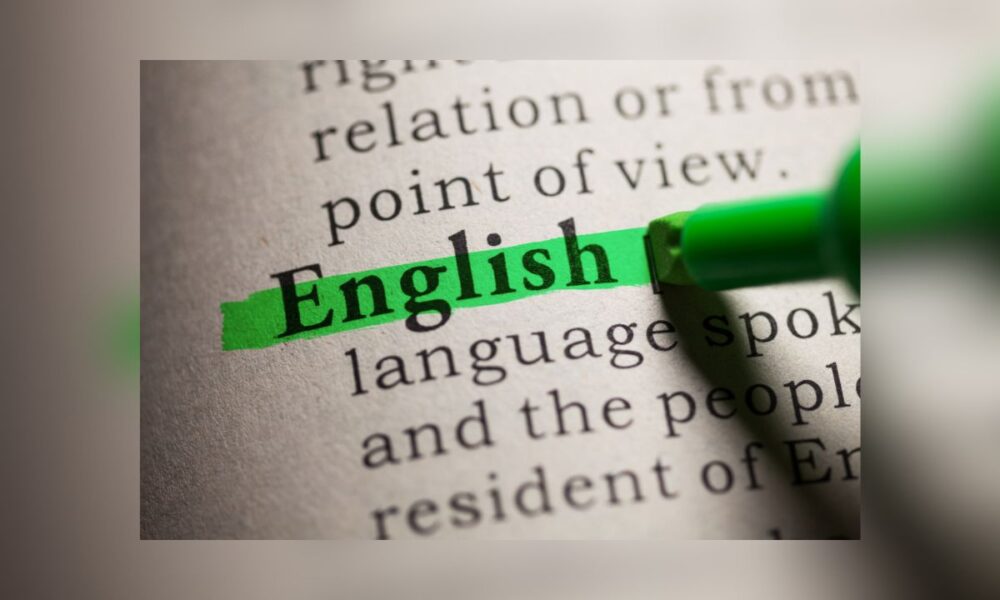The Department of Justice released new guidance on Monday to enforce President Trump’s Executive Order No. 14224, which designates English as the official language of the United States.
The order, signed on March 1, aims to unify the nation and boost federal efficiency by prioritizing English proficiency across government operations.
“As President Trump has made clear, English is the official language of the United States,” Attorney General Pamela Bondi said in a DOJ press release dated July 14, 2025.
“The Department of Justice will lead the effort to codify the President’s Executive Order and eliminate wasteful virtue-signaling policies across government agencies to promote assimilation over division.”
The guidance, outlined in a memorandum to all federal agencies, rescinds Executive Order 13166, issued by President Clinton in 2000, which mandated enhanced access to federal programs for those with limited English proficiency (LEP). The Justice Department will phase out non-essential multilingual services, redirecting resources to English-language education and assimilation programs. It also suspends operations of LEP.gov and related materials pending a review, with new guidance expected within 180 days after public input.
“President Trump’s Executive Order marks a pivotal step toward unifying our nation through a common language and enhancing efficiency in federal operations,” said Assistant Attorney General Harmeet K. Dhillon. “The Department of Justice ensures that while we respect linguistic diversity, our federal resources will prioritize English proficiency to empower new Americans and strengthen civic unity.”
Agencies are encouraged to adopt English-only services where legally feasible, utilize technology such as AI for cost-effective translation, and redirect any resulting savings to English education. The policy allows multilingual services only when deemed mission-critical, with clear disclaimers stating that English is the authoritative language.
The order, supported by a legal framework citing court rulings that language is not a suspect class under the Equal Protection Clause, supersedes prior guidance that tied language access to Title VI of the Civil Rights Act. It aims to streamline federal processes and foster social integration, though its practical impact on diverse communities remains to be seen.
For assistance, agencies can contact [email protected] or their designated liaison within the Justice Department.


